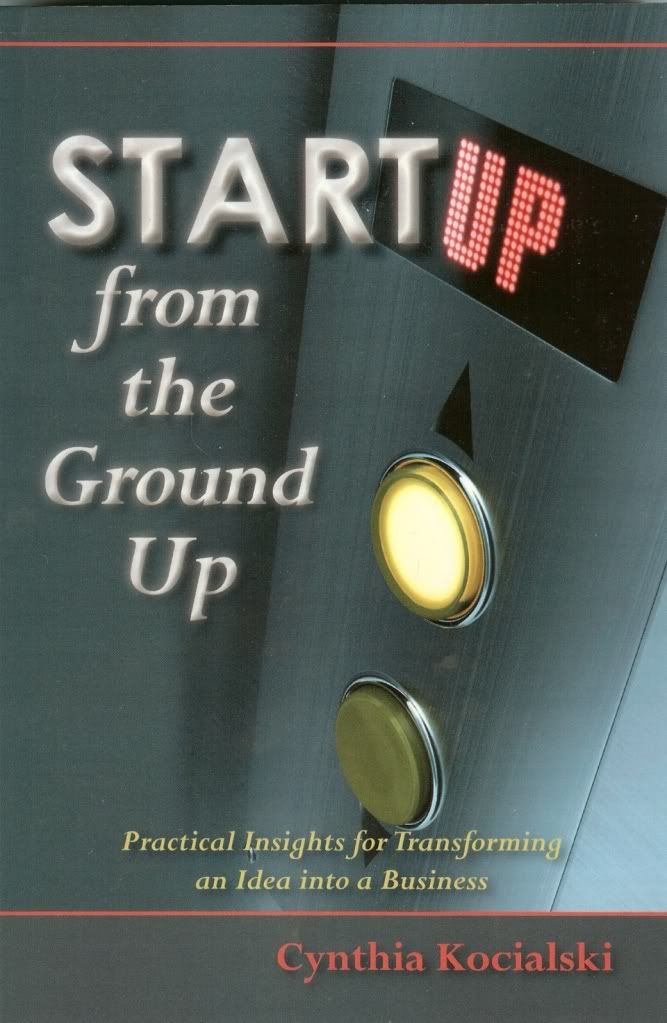I am so pleased to be publishing a guest post from Cynthia Kocialski. As you will see from the author’s bio at the bottom of the following post, she is a published author and the founder of multiple companies. Today, she has decided to talk about some of the funding trends that are taking place in the marketplace right now.
Green technologies … an ambiguous term … it could imply the latest technical breakthroughs to save the environment or it could mean the hottest Internet and software technologies to fund start-ups and projects.
The Internet removed barriers so companies and individuals could market their products and services directly to consumers. Social networking made it easy to approach consumers because now our connections, be they ever so distant, provide word of mouth referrals. Then somewhere an entrepreneur questioned the rules and extended these concepts into an application no one expected – if customers can be sold online, why not seek funding for projects and start-ups online too? And crowd funding and micro venturing was created.
What is crowd funding? According to Wikipedia, “crowd funding, also known as crowd financing or crowd sourced capital, describes the collective cooperation of those who pool their money and other resources together to support efforts initiated by other people or organizations.”
Crowd funding websites are sprouting up, such as Profounder, Kickstarter, or RocketHub. These sites focus primarily on funding the creative arts projects. If the crowd was willing to fund creative projects, the obvious question was why not technology and scientific projects too?
Micro-venturing is a close cousin of crowd funding. It allows small investors access to investing in start-up companies at the early stages, and entrepreneurs are able to find large pools of potential investors. Often these websites have to be approved by the Securities and Exchange Commission as they are match making between private investors and start-ups, performing the due diligence on behalf of investors, and handling the legal filings and paperwork.
And just like crowd funding websites, these seem to be sprouting up all over as well; websites such as Micro Ventures Marketplace, the Funding Store, CapLinked and Crowd Cube.
One question about crowd funding is how does the collective group benefit from the funding? Are they simply paying for a purchase far, far in advance, similar to pre-ordering an upcoming release? Is it more akin to charitable donations to support the arts? Will they receive an equity stake in the start-up? What about revenue sharing? What about profit sharing? It is certainly an alternative funding approach that is in its infancy, and many different compensation methods are sure to be tried.
The traditional venture capitalists and angel networks are in turmoil. The industry is changing. Today, micro-financing, super angels, micro-VCs, incubators and the like are providing alternative sources of funding to start-ups. And given the difficulty of raising funding, many start-ups will dabble in these latest trends.
About the Author
Cynthia Kocialski is the founder of three companies – two fabless semiconductor and one software company. In the past 15 years, she has been involved in dozens of start-ups and has served on various advisory boards. These companies have collectively returned billions of dollars to investors. Cynthia has worked with established companies to bring start-up techniques and technologies to corporations desiring to process improvement and efficiency.

Prior to her work in the start-up community, Cynthia has held a wide range of technical, marketing, and management positions at major corporations. At IBM, Cynthia began with financial software to facilitate the tracking of sales and inventory for international operations. She later moved into development and engineering management working of scientific workstations. Finally, Cynthia transitioned into technical marketing and strategic planning role for graphics and digital video components for personal computers. At Matrox, Cynthia was the general manager, overseeing the R&D area of digital video and image processing product lines,
Cynthia graduated of the University of Rochester with bachelor’s degrees in mathematics and applied statistics. She also has graduate degrees from the University of Virginia in both electrical engineering and systems engineering.
She also writes the popular Start-up Entrepreneurs’ Blog and has written many articles on emerging technologies.

Her latest book is Start Up from the Ground Up: Practical Insights for Entrepreneurs.
You can visit her website at www.cynthiakocialski.com.